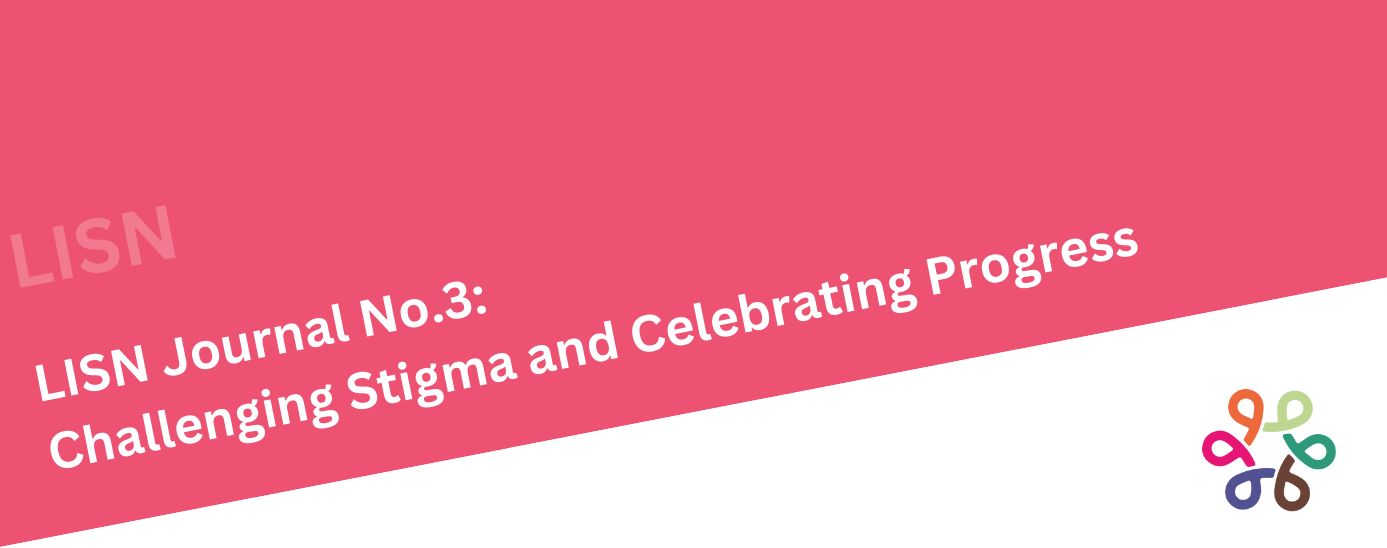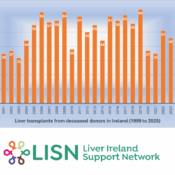
LISN Journal No.3: Challenging Stigma and Celebrating Progress
All Categories
Recent Posts
lisnadmin0 Comments
LISN press release on organ donation figures for 2025
lisnadmin0 Comments
One year on, Remembering our Co-Founder and Chairman, Brendan McAtamney
admin0 Comments


